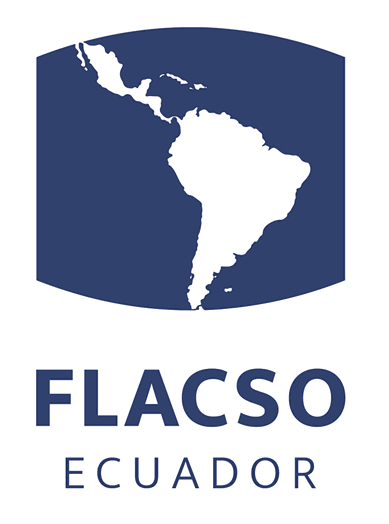Por favor, use este identificador para citar o enlazar este ítem:
http://hdl.handle.net/10469/15949Registro completo de metadatos
| Campo DC | Valor | Lengua/Idioma |
|---|---|---|
| dc.creator | Carámbula, Matías | - |
| dc.creator | Oyhantçabal, Gabriel | - |
| dc.date | 2019-12 | - |
| dc.date.accessioned | 2020-02-10T22:24:28Z | - |
| dc.date.available | 2020-02-10T22:24:28Z | - |
| dc.identifier.citation | Matías Carámbula y Gabriel Oyhantçabal. 2019. Proletarización del agro uruguayo a comienzos del siglo XXI: viejas y nuevas imágenes de un proceso histórico o Proletarianization of Uruguayan agriculture at the beginning of the 21st century: old and new images of a historical process. Eutopía. Revista de Desarrollo Económico Territorial 16: 161-180 | es_ES |
| dc.identifier.issn | 1390 5708 | - |
| dc.identifier.issn | e-issn: 2602-8239 | - |
| dc.identifier.uri | http://hdl.handle.net/10469/15949 | - |
| dc.description | El desarrollo del capitalismo en el sector agropecuario uruguayo en los últimos 30 años modificó, de modo irreversible, un sector que permaneció prácticamente estancado durante las primeras ocho décadas del siglo XX. Entre otros, se destaca el cambio en la composición interna de los trabajadores del sector, actualizando y renovando el debate sobre la proletarización agraria. El presente trabajo no aborda este fenómeno solo desde la transición del productor familiar de mercancías al asalariado, sino que se propone entender la proletarización como un cambio de composición dentro de los trabajadores agropecuarios que consolida relaciones de asalariamiento que progresivamente diluyen las diferencias entre los obreros agrarios y no agrarios (o rurales y urbanos en términos clásicos). | es_ES |
| dc.description | Capitalism development on the Uruguayan agricultural sector during the last thirty years changed irreversibly a sector that was stuck for the first eight decades of the twentieth century. Among others, the change in the internal composition of the agricultural workers was one of the most relevant, updating the debate about the agrarian proletarianization. This study not only deals with this phenomenon from the classical debate about the transition from petty commodity producers to wage-workers; it also proposes to understand proletarianization as a change in the internal composition of the agricultural workers that consolidates wage relations that progressively dissolve the differences between agricultural and nonagricultural workers (or rural and urban, in classical terms). | es_ES |
| dc.format | p. 161-180 | es_ES |
| dc.language | spa | es_ES |
| dc.publisher | Quito, Ecuador : Flacso Ecuador | es_ES |
| dc.rights | openAccess | es_ES |
| dc.rights | Atribución-NoComercial-SinDerivadas 3.0 Ecuador | * |
| dc.rights.uri | http://creativecommons.org/licenses/by-nc-nd/3.0/ec/ | * |
| dc.subject | CAPITALISMO | es_ES |
| dc.subject | SECTOR AGROPECUARIO | es_ES |
| dc.subject | PROLETARIZACIÓN | es_ES |
| dc.subject | URUGUAY | es_ES |
| dc.subject | HISTORIA | es_ES |
| dc.title | Proletarización del agro uruguayo a comienzos del siglo XXI: viejas y nuevas imágenes de un proceso histórico | es_ES |
| dc.title.alternative | Proletarianization of Uruguayan agriculture at the beginning of the 21st century: old and new images of a historical process | es_ES |
| dc.type | article | es_ES |
| dc.tipo.spa | Artículo | es_ES |
| Aparece en las colecciones: | Revista Eutopía No. 16, dic. 2019 | |
Archivos en este ítem:
| Archivo | Descripción | Tamaño | Formato | |
|---|---|---|---|---|
| RFLACSO-Eu16-09-Carambula.pdf | Artículo - revista | 335,11 kB | Adobe PDF |  Visualizar/Abrir |
Este ítem está sujeto a una licencia Attribution NonComercial ShareAlike (CC BY-NC-SA 4.0)
Licencia Creative Commons



